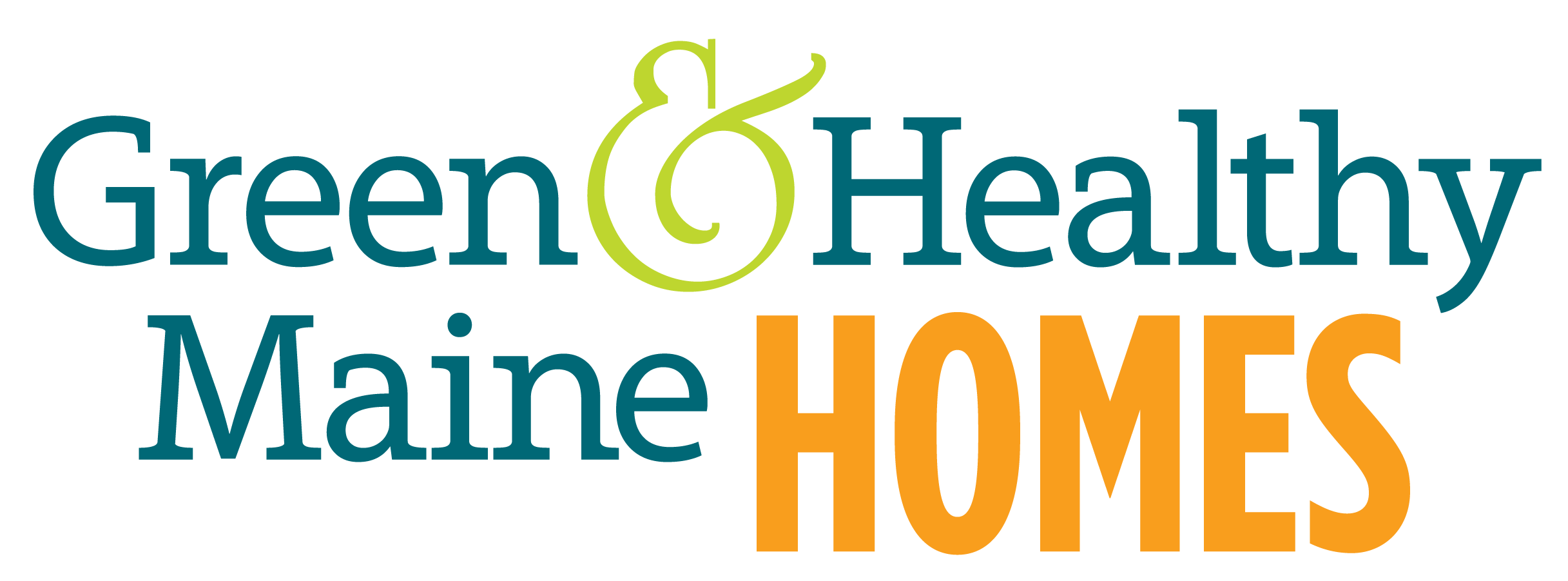Green Real Estate Dispatch: Financing efficiency & energy upgrades
By Julia Bassett Schwerin, Maine Green Broker
Green Real Estate Dispatch is a regular column in which we answer your green real estate questions. We talk trends in the market for new construction and existing buildings, energy efficiency, financing efficiency upgrades, renewable energy and resale.
A reader asks:
“Are there any banks, etc. that have special loans for either construction or remodeling, which give incentives or priority to green initiatives?”
I’m glad you asked!
Especially this year when energy bills have spiked so high, and many consumers are facing serious hardship. Fortunately, there are rebates and loans available to help you improve your building’s efficiency and lower your energy bills.
Efficiency Maine offers rebates to Mainers for energy-efficient upgrades, including weatherization, heat pumps and water heaters. These rebates range from $4,000–$8,000 for insulation and $1,200–$2,400 for heat pumps (range depending on income). In fiscal year 2022, Efficiency Maine issued 3,446 weatherization rebates and 24,437 heat pump rebates. Consumers can also get a $950 instant discount for qualifying heat pump water heaters at Lowe’s. Learn more at efficiencymaine.com/at-home.
But what if you don’t want to—or can’t—lay out the capital to purchase these efficiency upgrades? If you plan it right, the monthly operational energy cost you will save on your energy bills will be greater than your loan payment on the money you borrowed to make them. In the end, when you pay off your loan, the energy savings continue, and you will have a more valuable building, particularly if you have documented your investment to potential buyers and your realtor.
Efficiency Maine offers home energy loan programs for income-eligible homeowners, too. For any energy efficiency upgrade eligible for a residential rebate, you can borrow up to $7,500 for unsecured loans. There are no fees, and interest rates are as low as 5.99%. This program lent over $7 million to residential building owners in 2022 to finance energy efficiency projects. And, yes, you can combine a loan with their rebates for a win-win. Learn more and apply at efficiencymaine.com/at-home/energy-loans.
Other vendors offer loan programs as well, such as ReVision Energy, Maine Solar Solutions, and the National Energy Improvement Fund for solar, heat pumps, heat pump water heaters, electric vehicle chargers and back-up batteries.
The soon-to-be-launched Maine Clean Energy and Sustainability Accelerator (aka “green bank”), funded in part by the 2022 Inflation Reduction Act, will make even more capital available for low-cost loans, and 40% will be earmarked for low-income borrowers. This is a once-in-a-generation opportunity to take advantage of funding to make Maine’s building stock more efficient and less expensive to operate. Learn more about green banks from an article that ran in the Fall 2020 issue of this magazine at greenmainehomes.com/greenbank.
As far as mortgage programs are concerned, buildings that use less operational energy are less expensive to own and can qualify for a larger mortgage to finance the efficiency projects. An Energy Efficient Mortgage gives both new construction and existing homes credit for having lower energy bills that borrowers can use to afford a higher-priced home. These mortgage products are available from the FHA, VA, Fannie Mae and Freddie Mac and are serviced by banks, mortgage brokers and credit unions.
If your lender does not offer these Energy Efficient Mortgages, which can be hard to find in Maine, you can get the job done with a general renovation loan like the FHA 203k loan, which is widely available. General renovation loans do not have the advantage of a higher debt-to-income (DTI) ratio, which distinguishes an Energy Efficient Mortgage from a general renovation loan, like the FHA 203k or Fannie Mae HomeStyle® Renovation loan. The more consumers ask for these energy-efficient loans, the more lenders will make the effort to learn how to underwrite them, so please do ask for an Energy Efficient Mortgage when looking to roll efficiency or resiliency renovations into a mortgage on a purchase or refinance.
Operational energy savings will pay for a lot of home energy efficiency. They’ll also yield a higher resale value if you document the work, get an energy audit with a rating such as HERS or HES, and hire a real estate broker who knows how to market the energy efficiency upgrades you have invested in and how they have lowered your fuel expenses.
This article originally appeared in the Spring 2023 edition of Green & Healthy Maine HOMES. Subscribe today!
Find Maine experts that specialize in healthy, efficient homes in the Green Homes Business Directory.



